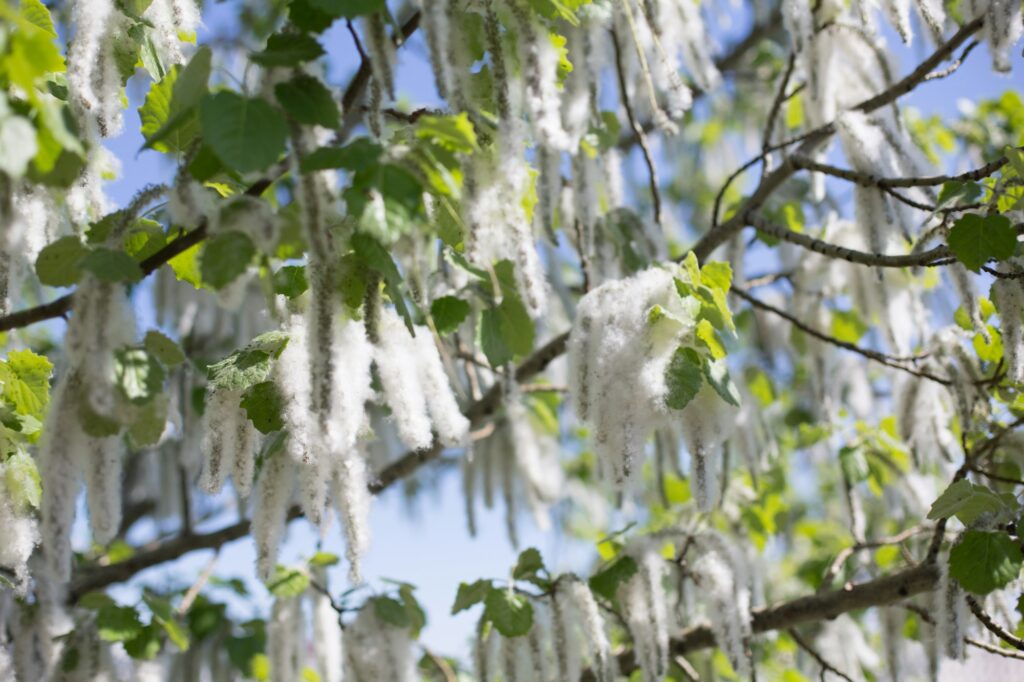Fascination About benzoyl peroxide uses
Fascination About benzoyl peroxide uses
Blog Article

Allergic Reaction to Acne Medication
Acne is a standard pores and skin condition that affects an incredible number of folks around the globe. When you will discover a lot of therapies obtainable, starting from above-the-counter creams to prescription medicines, not all treatment plans are suited for everybody. Just one substantial worry will be the probable for an allergic response to acne medication. This information will check out what an allergic reaction to acne medication entails, the signs and symptoms to watch out for, and how to take care of and forestall these kinds of reactions.
Comprehending Allergic Reactions
An allergic reaction happens if the immune system mistakenly identifies a harmless compound being a danger and responds by releasing chemicals like histamines. These chemical substances trigger signs and symptoms that will range between gentle to severe. With regards to acne medication, the elements in these items can occasionally result in an allergic reaction.
Widespread Acne Drugs
Just before diving into allergic reactions, it's important to be aware of the kinds of acne medications that are commonly used:
- Benzoyl Peroxide: An above-the-counter treatment that kills microorganisms and dries out the pores and skin.
Salicylic Acid: An additional about-the-counter solution that can help to exfoliate the pores and skin and unclog pores. Retinoids: Prescription drugs that advertise mobile turnover and stop clogged pores.Antibiotics: The two topical and oral antibiotics can be prescribed to lessen micro organism and inflammation. - Hormonal Therapies: Remedies like delivery Command drugs that regulate hormones and reduce acne.
Signs and symptoms of the Allergic Reaction to Acne Medication
Recognizing the indications of the allergic reaction to acne medication is vital for well timed intervention. Signs can vary depending on the unique and the specific medication but frequently include:
Pores and skin Redness: Pink, inflamed pores and skin is a common indicator of the allergic response. Itching: Persistent itching can reveal an allergic reaction. Swelling: Swelling in the facial area, lips, or tongue can be quite a extreme symptom. Rash: A rash or hives may well establish on the pores and skin. Problem Respiration: In severe instances, an allergic response can cause issue respiration, which calls for speedy healthcare notice.
Situation Studies and Studies
To higher comprehend the prevalence and impact of allergic reactions to acne medication, Let us take a look at some case scientific tests and figures:
Circumstance Study 1: Benzoyl Peroxide Allergy
A 17-calendar year-old feminine begun using a benzoyl peroxide-primarily based acne cure. Within a few days, she discovered intense redness and itching on her encounter. Upon consulting a dermatologist, she was diagnosed with the allergic reaction to benzoyl peroxide. She was suggested to discontinue the medication and switch into a milder, non-allergenic procedure.
Case Study two: Retinoid Response
A 22-yr-old male was prescribed a retinoid product for severe acne. Following a week of use, he produced a rash and swelling close to his eyes. His dermatologist confirmed an allergic response on the retinoid and advisable an alternate therapy plan.
Data
As outlined by a examine published discover this info here within the Journal of the American Academy of Dermatology, approximately five-ten% of individuals applying topical acne solutions expertise some method of allergic reaction. Even though most reactions are mild, about 1-two% of cases could be intense, requiring quick professional medical intervention.
Controlling Allergic Reactions
For those who suspect that you're suffering from an allergic response to acne medication, It is really vital to take instant motion:
- Discontinue Use: Quit utilizing the medication immediately.
- Seek the advice of a Health care Experienced: Search for assistance from a dermatologist or Health care company.
Use Antihistamines: Around-the-counter antihistamines may help relieve moderate indicators. Utilize Cold Compresses: Cold compresses can lower swelling and itching. Request Unexpected emergency Treatment: When you expertise intense signs and symptoms like problem breathing, seek out unexpected emergency healthcare care promptly.
Preventing Allergic Reactions
Prevention is always better than treatment. Here are several strategies to help avoid allergic reactions to acne medication:
Patch Examination: Constantly complete a patch examination just before using a new acne medication. Utilize a little volume to some discreet region of pores and skin and wait around 24-48 hrs to view if any reaction happens.Study Labels: Meticulously go through the component checklist on acne remedies to discover possible allergens. Check with a Dermatologist: Before starting any new cure, seek advice from a dermatologist to be certain It really is well suited for your skin sort. Start Little by little: Introduce new remedies steadily to monitor how your skin reacts.Use Hypoallergenic Merchandise: Go with hypoallergenic acne treatments which are less likely to cause allergic reactions.
Substitute Treatments
In case you have seasoned an allergic reaction to common acne prescription drugs, you will discover substitute treatments out there:
Natural Solutions: Elements like tea tree oil, aloe vera, and honey have anti-inflammatory and antibacterial Qualities which will help treat acne with no causing allergic reactions. Light-weight Therapy: Blue mild therapy can eliminate acne-producing bacteria without the use of chemical substances. Dietary Changes: Often, dietary improvements may also help manage acne. Reducing sugar and dairy ingestion has been revealed to further improve skin wellness in some individuals.
Conclusion
Allergic reactions to acne medication may be distressing, but They're workable with the best information and precautions. By being familiar with the signs or symptoms, taking speedy action, and consulting Health care specialists, you can properly handle and stop allergic reactions. Always complete patch checks, study labels, and talk to a dermatologist before beginning any new remedy. If regular acne medications usually are not suited to you, consider substitute therapies which have been not as likely to cause allergic reactions. Your journey to distinct pores and skin doesn't have to be hindered by allergies; with the right approach, you can find a treatment that actually works in your case. Report this page